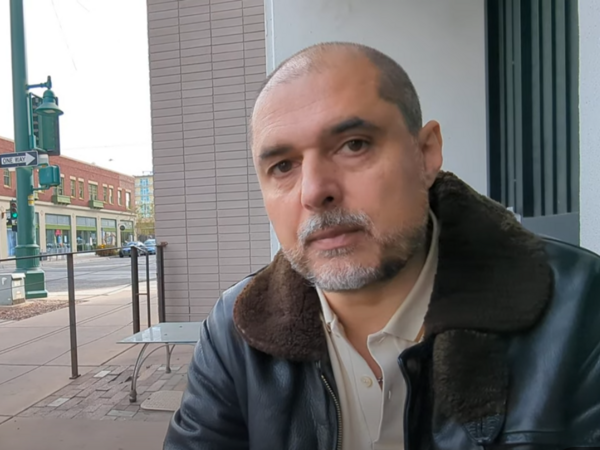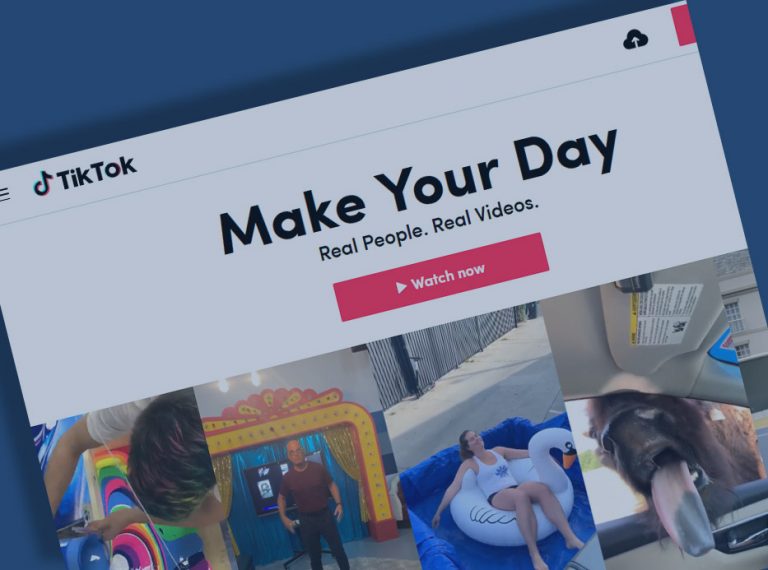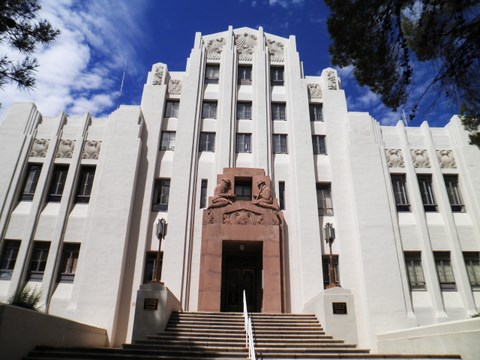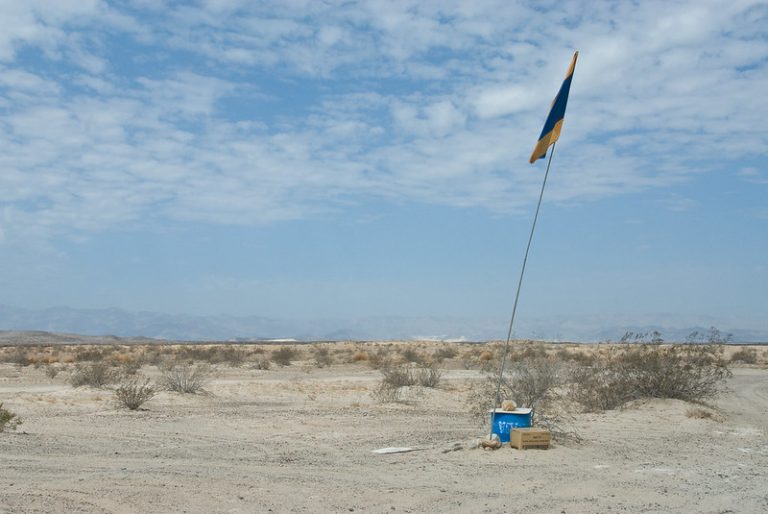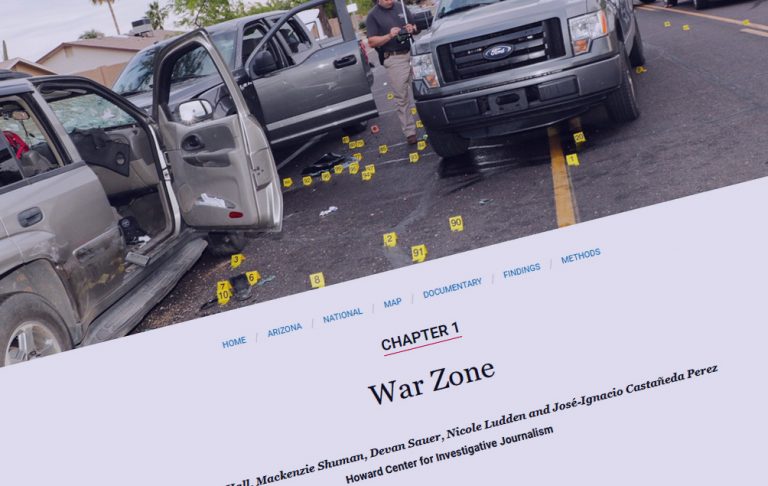Fifteen students from the ASU Sandra Day O’Connor College of Law participated in the clinic in the 2019-2020 academic year. They took on a wide variety of cases aimed at improving public and media access to courts and government information and other First Amendment issues.
Access to courts and sealed documents
The clinic has taken on several cases involving court closures in Cochise County in southern Arizona, just north of the Mexican border. Students argued several motions to unseal documents, including grand jury testimony.
We worked with the Arizona Capitol Times to obtain the search warrant materials in the criminal case against state assessor Paul Petersen, who was charged with running an illegal adoption ring. The search and seizure warrants executed before and after his Arizona arrest were sealed, and the judge failed to make written findings justifying the sealing. Prosecutors agreed to unseal the warrants after discussions with our students after we filed a motion to unseal. The Capitol Times then reported that women were brought to the U.S. from brothels in the Marshall Islands.
Libel suits
We acted as local counsel to a Georgia law firm in a libel suit filed in Arizona against a Georgia newsletter editor. The students filed a motion to dismiss challenging the court’s personal jurisdiction over the defendant.
We were involved in two other libel suits as an amicus. The first involved a store owner who was sued after he spoke out at a City Council meeting about his treatment by his commercial landlord. Our amicus brief, on behalf of the ACLU of Arizona, was filed before the state court of appeals, which upheld the trial court’s dismissal of the case under the Anti-SLAPP law. The Arizona Anti-SLAPP law is very narrow compared to most other state’s laws, but the one situation to which it does apply is speech before a government body.
The other case involved a New York resident who was sued by his New York landlord’s law firm over a negative review of the firm on a website based in Scottsdale, Ariz. We prepared an amicus brief in support of his motion to dismiss for lack of personal jurisdiction.
In addition, we are conducting the official pre-publication legal review of a book about The Maricopa County Sheriff’s Office and the long-running civil rights suit over, among other things, the controversial practices involving unwarranted stops by deputies of drivers who look Hispanic so that they could perform immigration checks.
Students are also engaged in pre-publication review of the journalism projects produced by the Howard Center at the Cronkite School of Communications here, which have been published in print and online by the Arizona Republic, Arizona PBS, and the Associated Press. The biggest project involved an investigation into practices of agents from Homeland Security Investigations, a division of Immigration and Customs Enforcement, who were involved in several shootings around the country that received little attention.
Reporter subpoenas
We represented a reporter who was subpoenaed to testify in a murder trial. Students drafted a letter to the prosecutor advising her of the reporter’s rights under state law, and the subpoena was withdrawn. The murder trial has been delayed several times, and the journalist may be called again.
Prior restraints and interference with speech
A reporter covering a divorce proceeding involving two attorneys, one of whom was a candidate for a county judge position, was told that if he remained in the courtroom he could not report on a case. The judge then issued an order barring all reporting on the case and contact with the parties. Our students filed a motion objecting to the order and restrictions, and were allowed to argue it before the judge, who agreed with us and rescinded the order as an unconstitutional restraint on the reporter’s speech.
A reporter who received grand jury transcripts in a murder case and posted them to his web site as part of a report regarding alleged corruption of the grand jury process in the county was sued by the county prosecutors to take them down. We filed an amicus brief on behalf of the ACLU of Arizona arguing that any such take-down order would be unconstitutional. The appellate court upheld the lower court’s denial of the request.
Public records
The clinic has also taken on several state public records and federal FOIA matters, when we feel the issue involved is of significant public interest. Projects include:
- Helping the Howard Center for Investigative Journalism at the Cronkite School investigate shootings by federal agents with Homeland Security Investigations, a division of Immigration and Customs Enforcement, both through ICE records and the reports of the local police departments who have investigated the shootings.
- Seeking records on the long-running civil rights suit against former Sheriff Joe Arpaio. While the lawsuit and its subsequent judicially ordered investigations have gone on for more than 16 years and cost the County more than $150 million, few meaningful records of the investigations had been released. We represent two local reporters demanding release of the records, and have obtained more than 80 gigabytes of data so far.
- Obtaining a 600-page consultant’s report on a power company’s controversial rate hike for a local reporter with the NBC station. His initial request for the report resulted in 600 blacked-out pages. Our students wrote a demand letter arguing the case for release for the complete document, and the state Corporation Commission finally released the unredacted report. The NBC report acknowledged the clinic’s help.
- Working with Perilous Chronicle, a news site that reports on prison riots around the country. We have so far worked with the editor on about a dozen records requests around the country.
- Representing an author in her effort to obtain historic police records from the City of Phoenix. After a great deal of negotiations with the city by the students, we were able to obtain images of all the log book pages.
- Working with two nonprofit journalists seeking to gain access to records about abuses in assisted-living facilities. The state law should allow access to de-identified records for purposes of evaluating the regulator system, but state agencies have been broadly denying access to the records.
- Writing an amicus brief in a case before the Ninth Circuit regarding the “consultant corollary,” which would allow federal agencies to apply the intra-agency work product exemption to any information created by outside contractors, which would help the agencies avoid scrutiny of their decisions.
